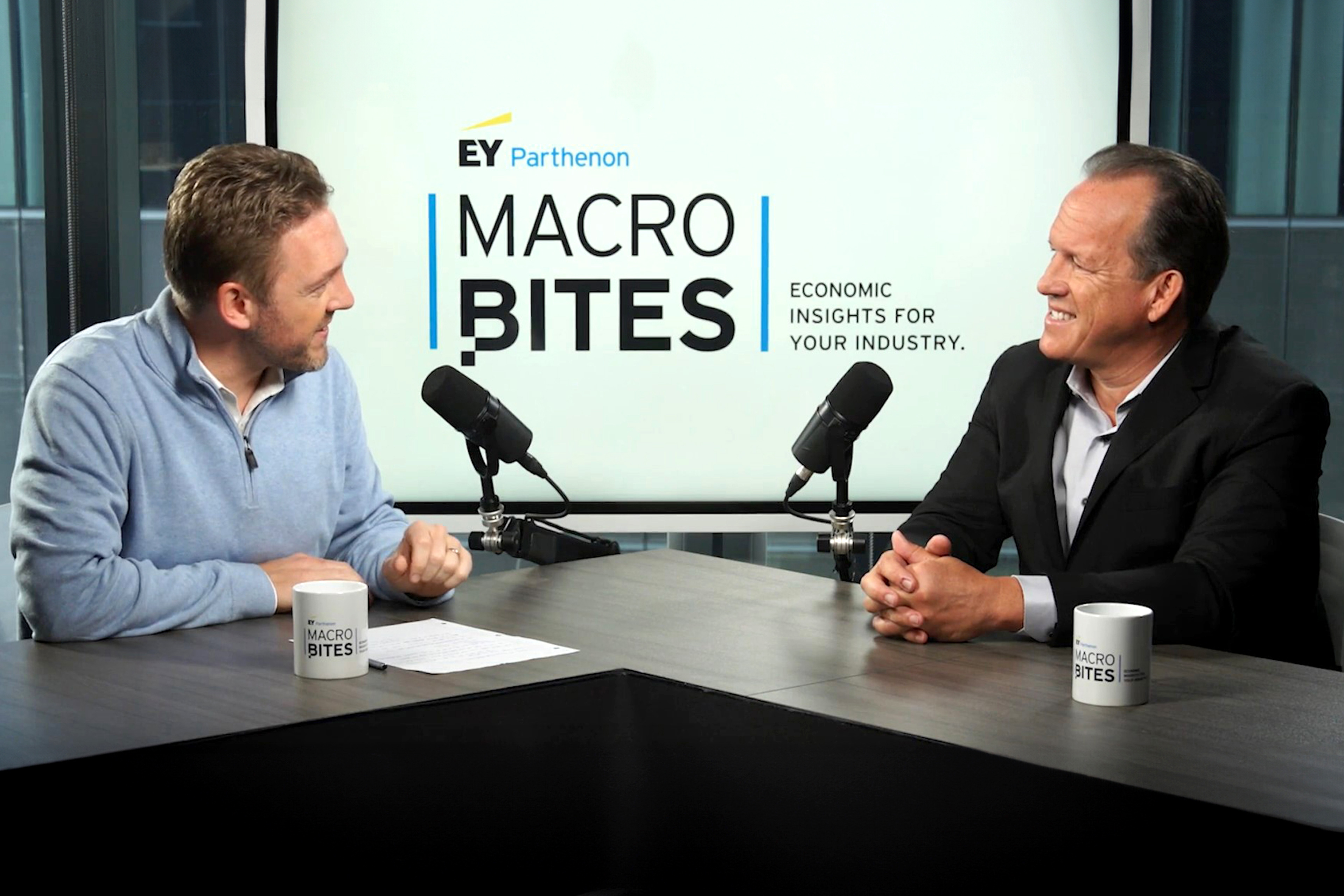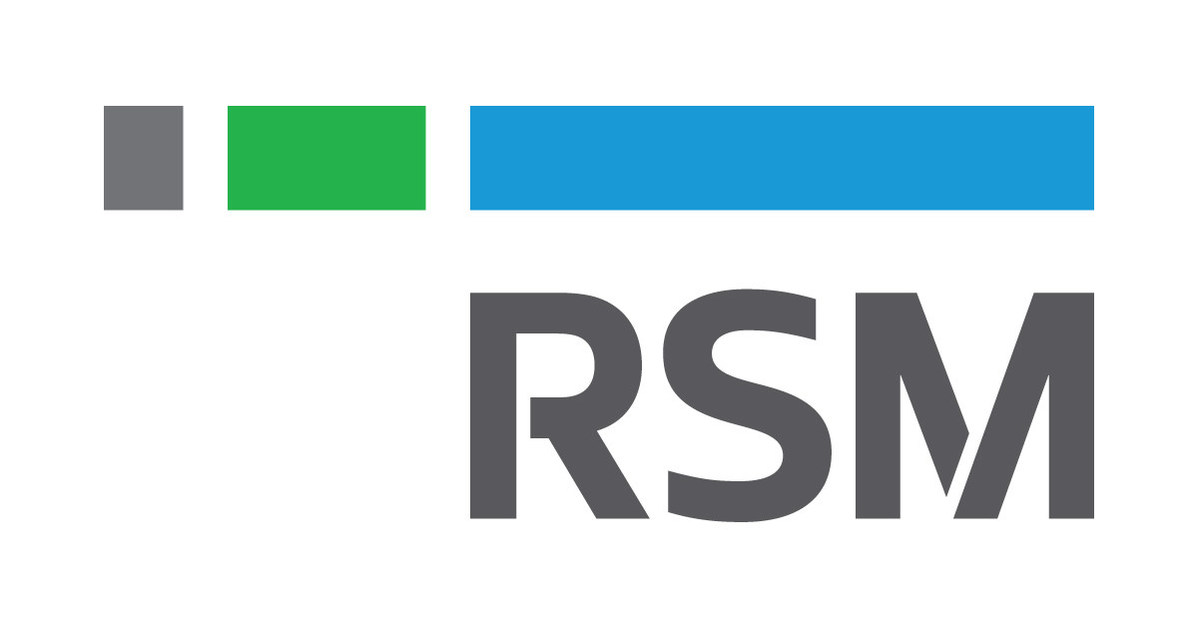


Rising real interest rates are increasing the cost of commercial and industrial loans for middle market businesses, making it harder for them to meet payrolls and finance expansion. The RSM US Middle Market Business Index (MMBI) survey found that middle market firms are paying between 10.9% and 15.5% for financing, with risk premiums on loans close to double digits. The impact of rising rates is particularly pronounced in the private equity sector, where firms are paying significantly higher rates to leverage capital. Middle market firms are seeking alternative sources of financing, such as shadow banking, private equity, digital banking, and government lending. The report also notes a shift in deal focus, with a move towards smaller strategic acquisitions. The rising financing costs are affecting innovation and investment decisions for businesses, particularly in the manufacturing sector. Policymakers and businesses need to address the challenges posed by rising financing costs to ensure the stability and growth of the middle market and the broader economy. Higher interest rates are also impacting private equity dealmakers, as reported by the Financial Times. [792c748c]
Private equity dealmakers are facing the consequences of higher interest rates. The increased cost of borrowing is making it more difficult for dealmakers to secure financing for acquisitions and leverage capital. The rise in interest rates is affecting the profitability and viability of private equity deals, as the higher borrowing costs reduce the potential returns on investments. This is particularly challenging for dealmakers who rely heavily on debt financing to fund their transactions. The impact of higher rates is leading to a slowdown in deal activity and a shift in deal focus towards smaller strategic acquisitions. Private equity firms are exploring alternative financing options and adjusting their investment strategies to adapt to the changing market conditions. The higher interest rates are a reflection of the overall rising financing costs in the middle market, which is impacting businesses across various sectors. [cef573c5]
Private equity firms face challenges in engaging the lower middle market due to cultural divides. The perception of PE as profit-driven creates barriers to trust. Emphasizing cultural literacy and understanding the unique story of each business can foster collaboration. PE firms need to invest in their own education to navigate the complexities of the lower middle market. By embracing cultural literacy, PE firms can contribute to the U.S. economy's vitality. Building bridges of understanding and respect is key to unlocking the potential of the lower middle market.
Persistently elevated costs are holding the US Fed back from lowering interest rates. Private equity (PE) firms have extended their holding periods and are using strategies to create value and exit profitably. Federal incentives are attracting PE investment in the infrastructure space. PE firms are turning to tech enablement and AI to improve back-office operations. Tech made up one-third of PE deal values in 2023. Generative AI (GenAI) is being developed as an in-house tool to augment the investing process. [a4e214e1]